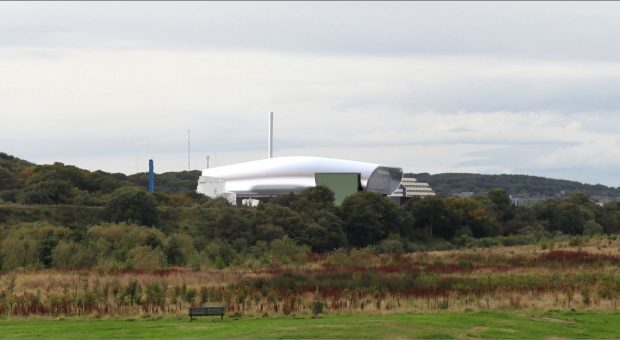Opponents of a controversial multimillion-pound incinerator have branded the scheme worse than the “horrors of the Industrial Revolution”.
The comments came at a public hearing into the proposed £150million facility, at East Tullos, which would turn waste into energy.
There has been a groundswell of opposition to the plans with fears expressed over the long-term impact of the facility on public health, the environment and traffic in the area.
Dozens of people filled the public gallery of the Town House debating chamber to listen as planning chiefs discussed the proposals.
The facility has been proposed by the city council to reduce the amount of waste north-east authorities put into landfills – a practice which will be banned from 2020.
At the hearing, developers claimed the plans would be a “game changer” for the north-east, which could help lift thousands of people out of fuel poverty in the long-term.
But campaigners urged the councillors to reject the “harmful” facility, claiming it was “obsolete” and which would be built “just a breath away” from a primary school and hundreds of families.
David Fryer, chairman of Torry Community Council, gave a practical demonstration on household recyclables involving a number of items, including a bucket, a newspaper and a leek.
Mr Fryer also displayed an electronic map on a video screen which he claimed showed the environmental impact of the incinerator emissions on the city and the surrounding area.
He said: “That’s what’s harmful about incineration, you cannot escape that, it’s the law of science and the chemistry of combustion – get it wrong and it’s hazardous.”
Cove and Altens, Kincorth and Leggart and Nigg community councils also addressed the chamber.
And members of the public were also given the opportunity to air their views.
John Webb, who lives at Morven Place in Torry, said he was “absolutely horrified” by the proposals.
He said: “The application constitutes a throw back to the horrors of the industrial revolution when industrial scale process and associated pollution were imposed on nearby communities.
“However, we’re not in the 1870s, we’re in the 21st century.”
